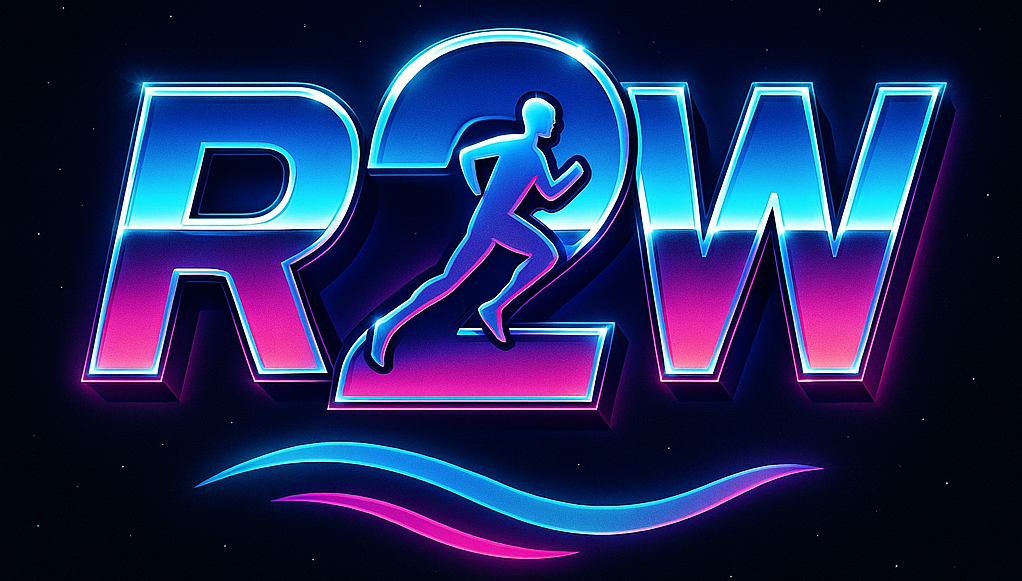Protein plays an essential role in supporting your running performance, with its critical function in repairing and maintaining muscle mass being a key factor. Muscle protein synthesis is how your body rebuilds muscle fibers, damaged after a rigorous workout. By eating enough protein, those muscles can get back in shape, stronger and more ready for your next run.
When you run, especially over extended periods or at high intensity, your muscle fibers experience microscopic damage. This is where protein steps in as the hero! Supporting recovery through muscle protein synthesis can help ensure you aren’t sidelined by soreness or injury, keeping those legs moving and ready to tackle the next challenge.
Combining protein with carbohydrates is like giving your body the ultimate recharge it needs. After a workout, your energy stores, known as glycogen, need replenishing. Consuming protein alongside carbs after a run helps optimize glycogen storage in muscles, supercharging recovery and prep for your next outing.
The importance of glycogen can’t be overstated—it acts like a fuel tank for your muscles. So, when you pair carbs and protein together after running, you’re not just filling up your tank; you’re also making sure your body’s engine runs smoothly, efficiently transferring that stored energy into muscular motion and endurance.
Balancing Act: Protein’s Role in Blood Sugar Regulation and Energy Levels
Protein is a key player in keeping your blood sugar levels stable, especially for endurance athletes like runners. Unlike carbs, protein helps slow down the absorption of sugar into the bloodstream, preventing those dreaded spikes and crashes that can mess with your endurance and focus during a run.
Keeping blood sugar levels steady is the secret sauce for maintaining consistent energy throughout those long hauls. Imagine running without suddenly feeling like you’re hitting a wall—that’s the magic of balanced energy levels! By incorporating a good amount of protein into your meals, you keep your energy fueled and ready for longer distances.
Mismatch meals, or meals that lack an appropriate protein balance, can lead to energy dips. For runners, a protein-packed snack or meal can be a game-changer. It’s not just about loading up on carbs—this combination ensures both immediate and sustained energy release, helping prevent those mid-run slumps.
Misconceptions about protein intake can often steer runners in the wrong direction. Fearing protein for causing bulkiness or affecting kidney health isn’t always justified, particularly when consumed in moderation as part of a balanced diet. Understanding its role in energy management can help runners see it not just as a muscle-builder but as an energy stabilizer too.
Protein and Health: Debunking Myths and Ensuring Optimal Intake
Protein intake often gets a bad rap, especially when it comes to kidney health. There’s a lot of chatter about how high protein can be tough on your kidneys. But for most healthy individuals, a balanced protein intake poses no threat to kidney function. It’s about balance and moderation rather than cutting out.
Timing your protein can be another game-changer for runners. Whether you’re an early bird hitting the tracks at dawn or a night owl preferring evening runs, fitting protein into your schedule before and after your runs can significantly impact recovery and performance. A strategically timed protein snack pre-run can prep your muscles, while post-run refueling helps kickstart recovery. It’s about setting your clock and meals to aid performance.
Runners have varied protein demands, and it isn’t always a one-size-fits-all approach. Your needs might depend on your running style, frequency, and overall goals. Establishing a baseline protein requirement suited to your individual needs can vastly impact your running health and longevity. Think of it as tailoring your nutrition to match your running shoes perfectly.
Debunking myths surrounding protein helps you understand it’s not just about choosing a protein bar or shaking up a protein drink. It’s about integrating protein wisely into your daily diet to complement your running lifestyle. With the right approach, protein can support not just muscles, but your overall health, keeping you running healthier and happier.
Delicious Fuel: Crafting Balanced Protein Recipes for Runners
Creating mouthwatering and balanced protein recipes can be a motivational boost for any runner. Food is fuel, but that doesn’t mean it can’t be tasty. Imagine starting your day with a breakfast bowl packed with quinoa and berries or wrapping up a run with a yummy chicken and veggie stir-fry. The flavor doesn’t have to take a backseat to nutrition.
Integrating diverse protein sources into meals can help trail runners and ultrarunners meet their specific energy needs. Incorporating lean meats, legumes, or plant-based options like tofu and tempeh can be a smart route to ensuring varied and complete nutrition. It’s about adding diversity to your diet, not being stuck with the same old meals every day.
Quick snacks can make a huge difference before a long run. A simple mix of Greek yogurt, nuts, and some fresh fruit can be both delicious and nourishing. Preparing protein-rich snacks that are easy to carry along the trail ensures you’re never caught off guard, energy-wise.
Runners, take note! Crafting recipes that blend taste and nutrition isn’t as daunting as it sounds. Pay attention to what your body craves and needs post-run. Planning meals that include whole grains, greens, and a good source of protein keeps you satisfied and ready to lace up your shoes, day after day.

